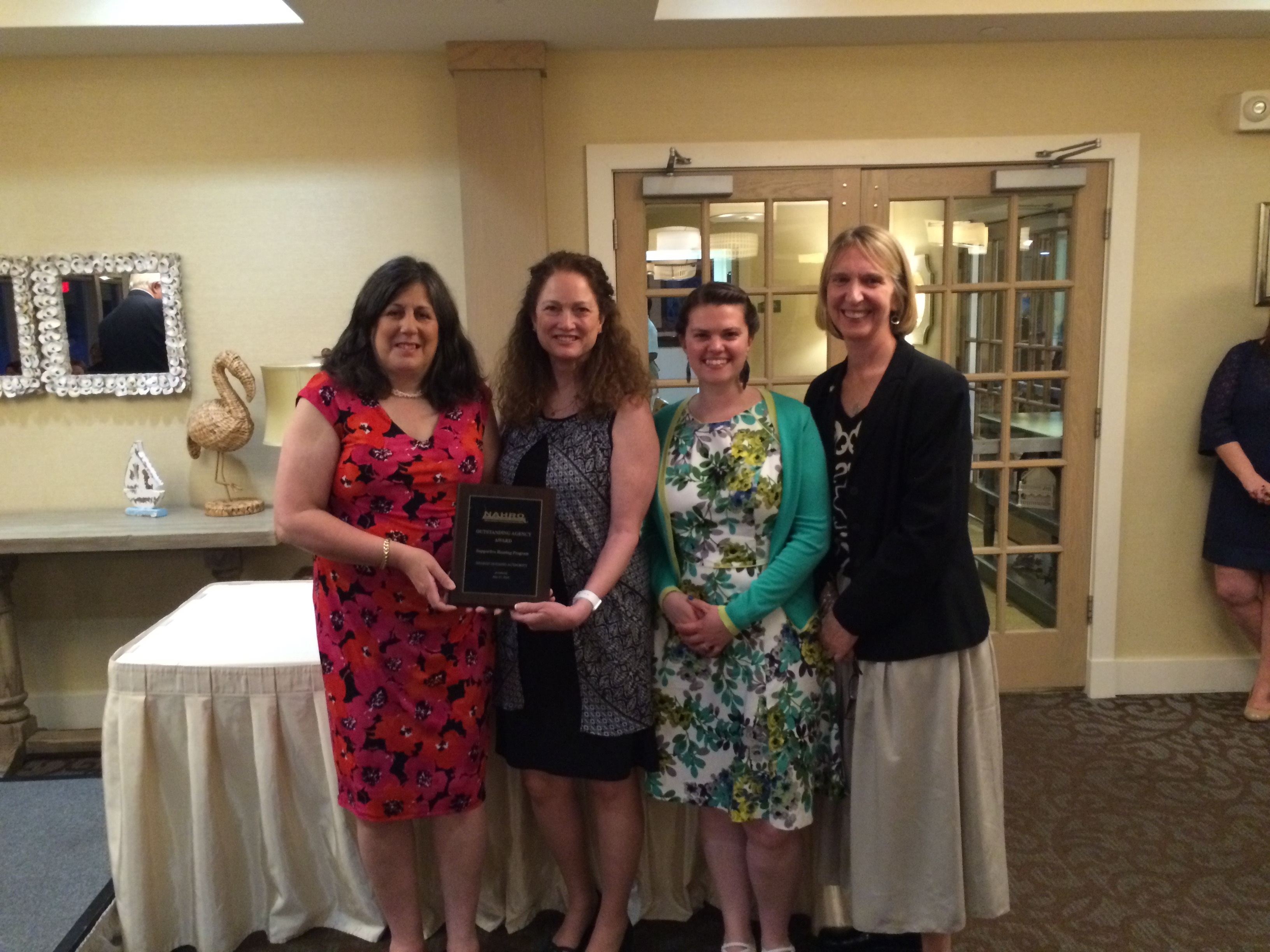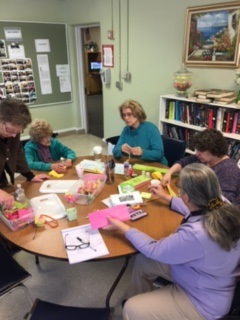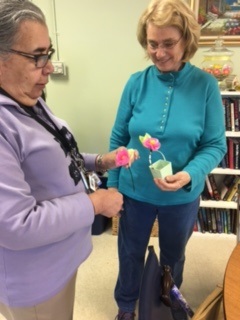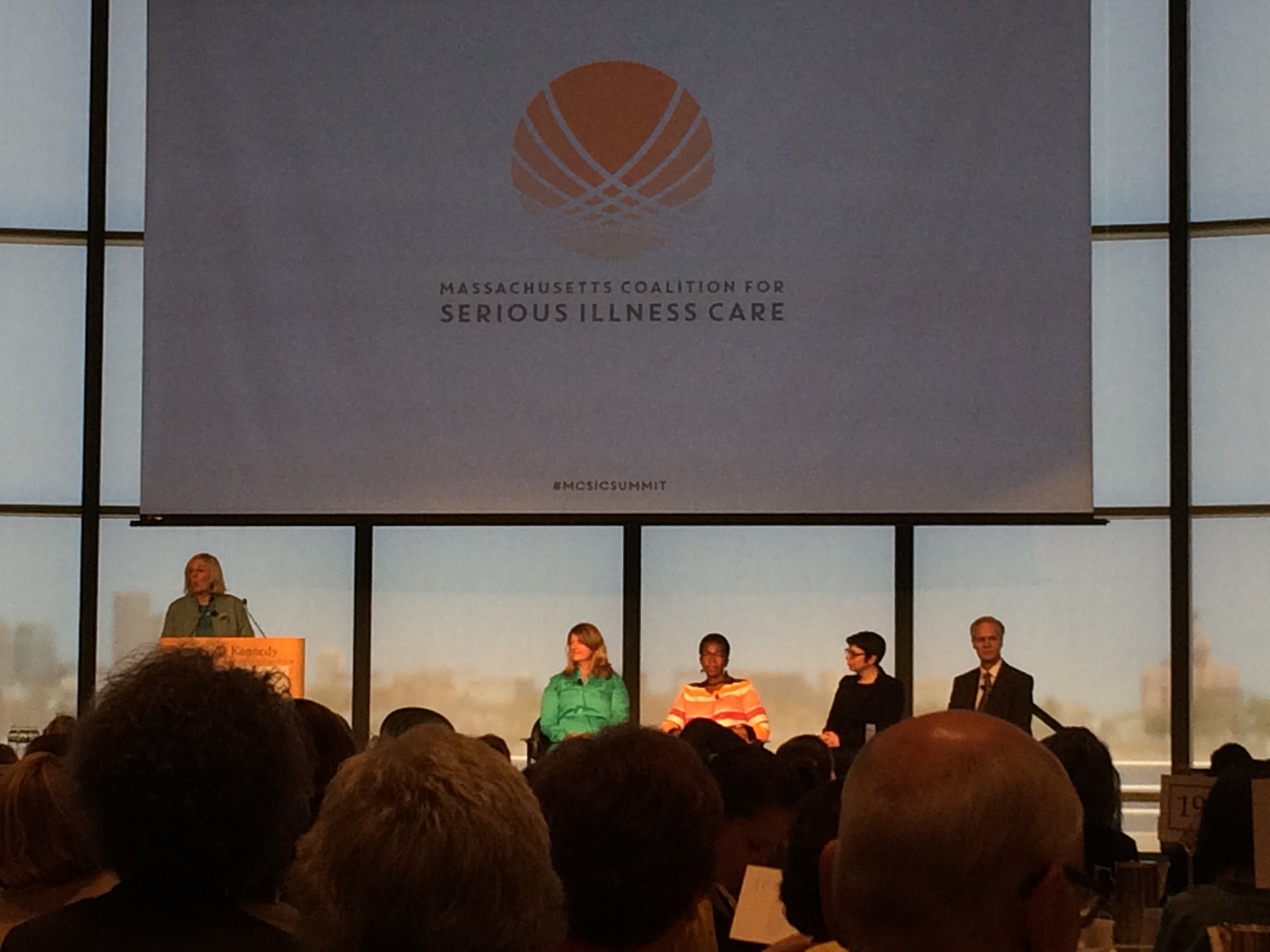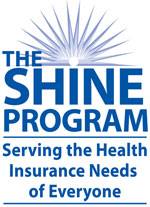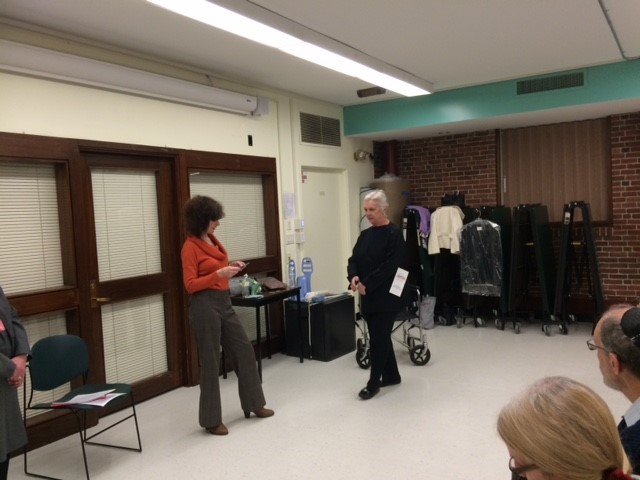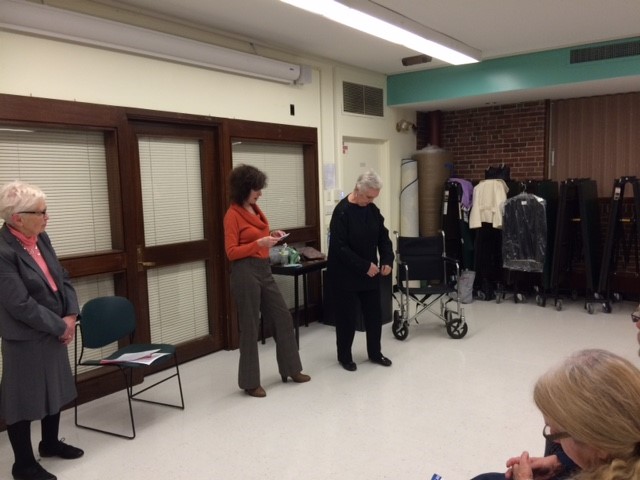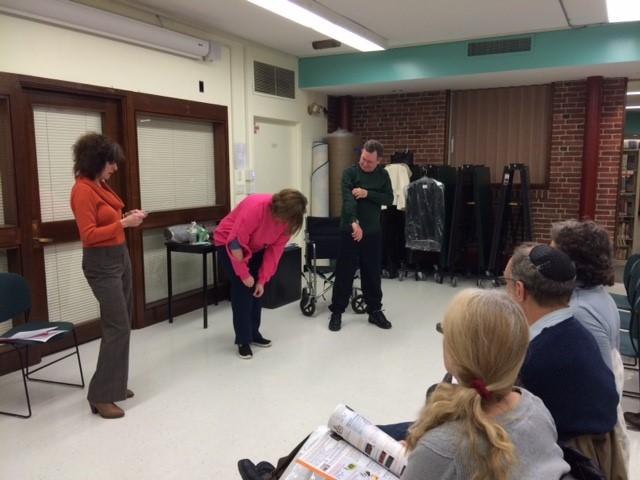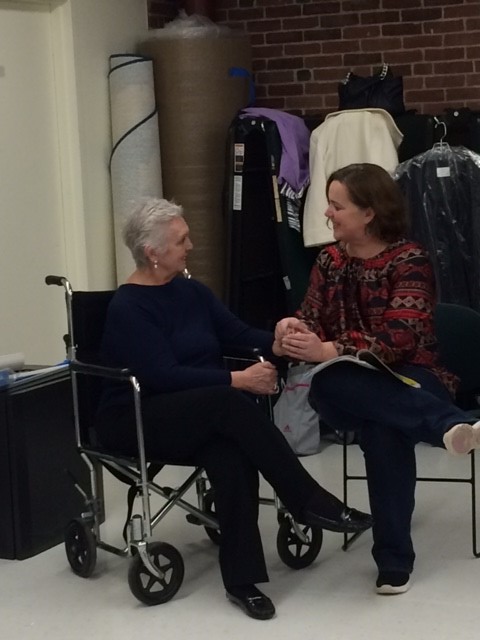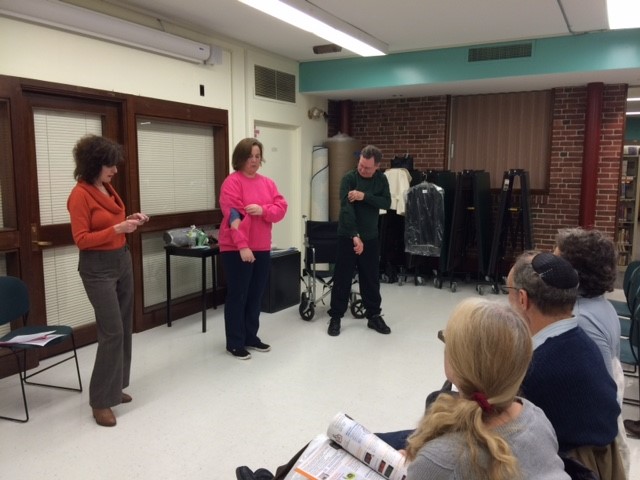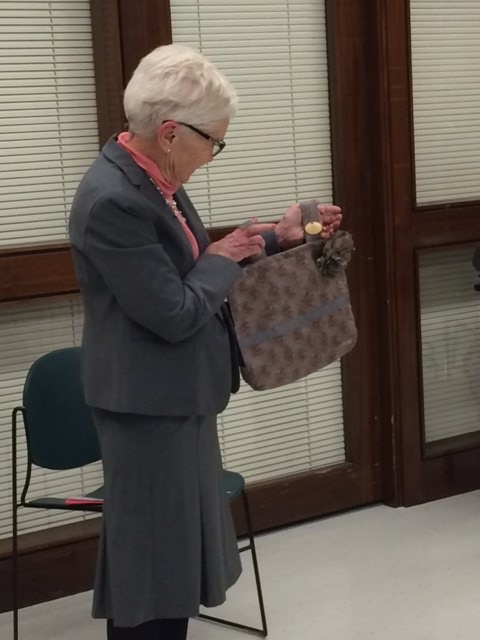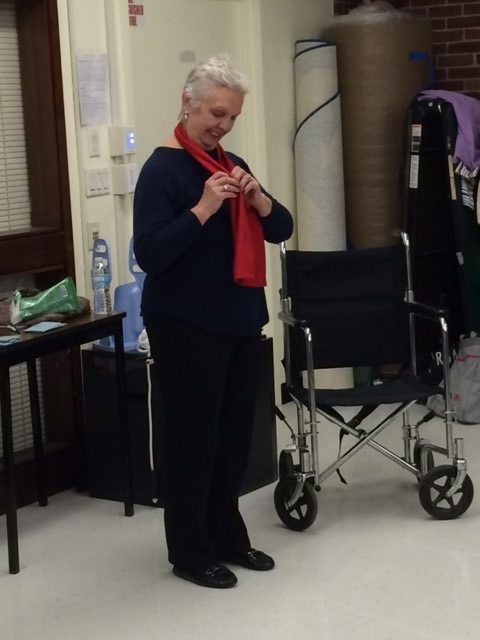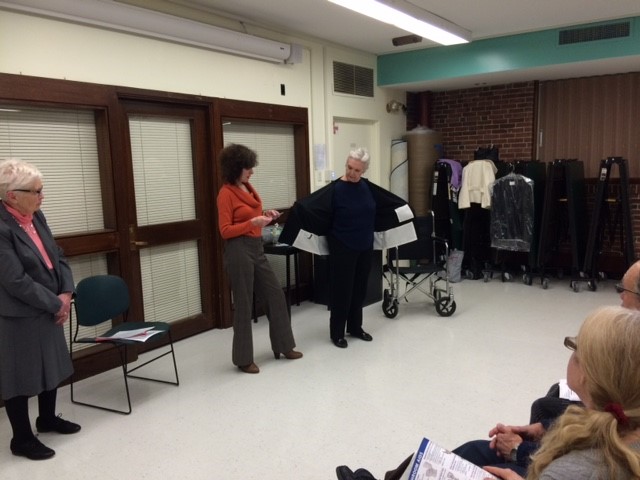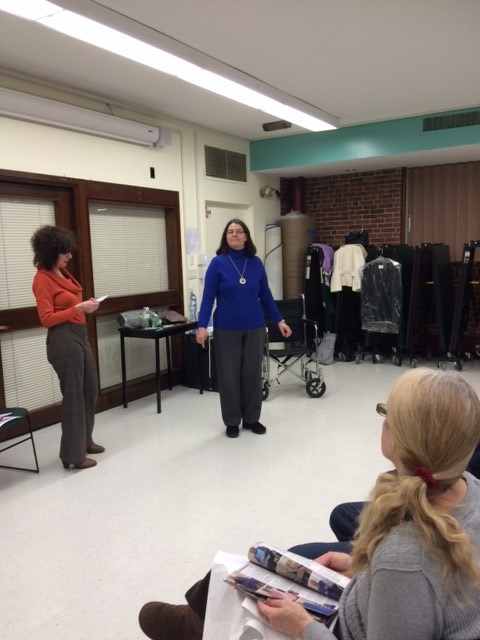PRESS RELEASE: APRIL 16, 2016
Contact: Al Norman/978-502-3794/info@masshomecare.org
MASSHEALTH “RESTRUCTURES” : TEARING DOWN THE SILOES
On April 14, 2016, the $15.4 billion MassHealth program announced a major “restructuring” campaign designed to create “a sustainable, robust” health care program for its 1.8 million members. This process is the culmination of roughly a year of “intensive design and stakeholder engagement,” according to state officials.
MassHealth accounts for almost 40% of the Commonwealth’s budget. The Administration of Governor Charles Baker has made overt moves to swap out the current fee-for-service payment model, which they says results in “fragmented, siloed care,” and replace it with a managed care delivery system experiment which places large hospital and physician networks, known as “Accountable Care Organizations,” in control of funding.
The instrument to make this change is a large federal 1115 waiver to support MassHealth restructuring. Financing for the current waiver ends June 30, 2017 with $1 billion in federal support. State law (Chapter 224) requires MassHealth to adopt alternative payment methodologies for promotion of more coordinated and efficient care. ACOs would represent for MassHealth a more “integrated” model of care. In ACO models, the health care providers are accountable for the cost and quality of care. MassHealth also has a number of existing managed care organizations (MCOs) already providing care for the low-income population. In most cases, these MCOs will remain the insurer, pay claims and will work with ACO providers to improve care delivery. Integrated care means bringing behavioral health (BH) and long term services and support (LTSS ) under the control of the ACO, and strengthening links with social services.
MassHealth is finishing up work on a 5-year Delivery System Reform Investment Program (DSRIP) funding request to the federal government. To access the DSRIP funding, the Feds require the state to come up with matching funds for the new DSRIP investment, which will be financed through a $250 million increase in the existing assessments on hospitals. The hospitals will receive a $250 million annual increase in MassHealth payments, resulting in no net impact to hospitals as a class
The DSRIP proposal will include investments to support providers who sign on for ACO model; funding for BH and LTSS Community Partner (CP) organizations; formal partnerships between ACOs and CPs; funds for more flexible services; investments in health care workforce development, improved accommodations for members with disabilities; and a major expansion of the treatment for Substance Use Disorder for addressing the opioid crisis
At the center of the “restructuring” plan are the ACOs. To be an ACO, providers must show they can coordinate care and partner with Community Partners, including primary, specialty, behavioral, acute, and community-based care. The ACO must have relationships with other providers to coordinate/ integrate care effectively. ACOs will be able to choose to create an integrated ACO/MCO entity or enter into ACO contracts with other MCOs; some ACOs may choose to contract directly with MassHealth.
MassHealth has also been working to improve program integrity, especially for LTSS, like home health service. Home health spending grew last year by $170M, or 41%, and over 80% of growth was driven by providers new to the Commonwealth since 2013. As part of its increased oversight of the home health industry, MassHealth has referred 12 home health providers to the Attorney General’s office for fraud, and imposed a moratorium on new home health providers, and added clinical prior authorizations for home health services.
In addition, MassHealth is attempting to “passively enroll” its members into managed and accountable care models. In its FY 17 budget, the Baker Administration sought authority to involuntarily enroll seniors in FFS into Senior Care Options (SCO) plans. But the House thus far refused to grant this power. The SCO plan by statute must provide for voluntary enrollment.
MassHealth’s timeline calls for pilot ACOs to launch by the end of calendar 2016, with a full roll out of ACOs, BH/LTSS Community Partners and DSRIP by October 2017.
In the LTSS field, the focus is on the relationships between the new ACOs and the new “Community Partners.” (CPs). The ACO plan calls for increased LTSS integration and linkages to social services in ACO models through “explicit requirements for partnering with LTSS Community Partners.” The state will encourage ACOs to “buy” LTSS care management expertise from existing community-based organizations, like the 26 statewide Aging Services Access Points (ASAPs) vs. “building” their own assessment and care coordination capacity. MassHealth plans to invest in infrastructure and capacity to overcome fragmentation amongst community-based organizations.
The State will certify who becomes a LTSS CP. The ACOs will refer to BH, LTSS and social service providers, to help assess “social determinants of health,” ranging from housing stabilization, income supports, nutrition and utility assistance. These new certified CP will have to demonstrate expertise in care coordination and assessments and infrastructure/ capacity. MassHealth says that the CPs “can be providers but self-referrals monitored.” This process is not defined yet, but the goal is presumably to mitigate any conflict of interest between the assessment process and the direct service providers. ACOs themselves will not be allowed to have any direct or indirect financial ownership interest in a CP. In addition, LTSS CPs must demonstrate expertise across multiple populations with disabilities, such as those with physical disabilities, developmental or intellectual disabilities, brain injuries, the elderly, etc.
Certified CPs and ACOs will both be able to get direct DSRIP funding. Social service providers will receive DSRIP funding from funds given to ACO designated for flexible services to address social determinants of health. The funding for both is contingent on ACOs and CPs formalizing arrangements for how they work together. MassHealth is not requiring ACOs to partner with CPs, but instead trying to use financial incentives to make this happen. But advocates for LTSS have pushed for a formal requirement that ACOs use LTSS CPs to provide an “independent agent” for members as a consumer protection against health providers self-referring to the services they own. Such a formal relationship has been available for years by statute in the Senior Care Options (SCO) plan, and the One Care plan—the state’s first two integrated managed care experiments.
The stated goals of the Community Partners initiative are as follows:
- Create explicit opportunity for ACOs and MCOs to leverage existing community-based expertise and capabilities to best serve consumers with LTSS and BH
- Break down existing silos in the care delivery system across BH, LTSS and physical health
- Ensure care is person-centered, and avoid over-medicalization of care for LTSS
- Preserve conflict-free principles including consideration of care options for consumers and limitations on self-referrals
- Make explicit and scalable investments in community-based infrastructure within an overall framework of performance accountability
- Create a certification process for BH and LTSS Community Partners
- Encourage ACOs/MCOs and Community Partners to formalize how they work together, especially for care coordination and performance management
A CP must be a community-based organization with extensive and broad expertise in BH and/or LTSS in a geographic region. A CP can be a direct service provider but will have a limit on self-referrals. A LTSS CP must have competencies to work with at least 3 subpopulations with disabilities, and meet other criteria, such as strong relationships with social service organizations, IT infrastructure for data capture and maintenance, quality measurement and reporting, electronic encounter/billing capacity. MassHealth will encouraging formation of new entities and partnerships to be CPs, with the explicit goal of overcoming fragmentation and siloes that hinder care integration. The state will promotes entities to come together to serve the continuum of members, such as elders, adults and children with physical disabilities, and members with brain injury, ID/DD, mental illness, and SUD. LTSS CPs may receive DSRIP funding for MCO members if formal arrangements in place.
Certified Community Partners (CPs) must be certified by EOHHS, will be expected to develop infrastructure and meet performance requirements, and a portion of their DSRIP funding will be contingent on meeting quality/process metrics and ACO/MCO review of performance. At the consumer level, the “Certified” LTSS Community Partners will offer LTSS expertise across multiple populations, conduct independent assessments, advise members on their care options, provide LTSS care coordination, and offer linkages to social services. The CPs will refer to/partner with Adult Foster Care, Personal Care Attendant, Adult Day Health, and other providers, as well as social service providers.
“This is a very ambitious restructuring,” said Dan O’Leary, President of Mass Home Care . “The key for us will be the role of the ‘conflict free agent’ in conducting assessments and care planning. Since this is a program being managed by large health care providers, we need to ensure that the consumer’s long term supports needs are fully recognized and addressed , and that they have an independent agent on their team to preserve open choice of services and providers.”
“Ensuring the consumer’s needs are met with the right care and services in the right place will be a major challenge,” O’Leary said.
–END–
